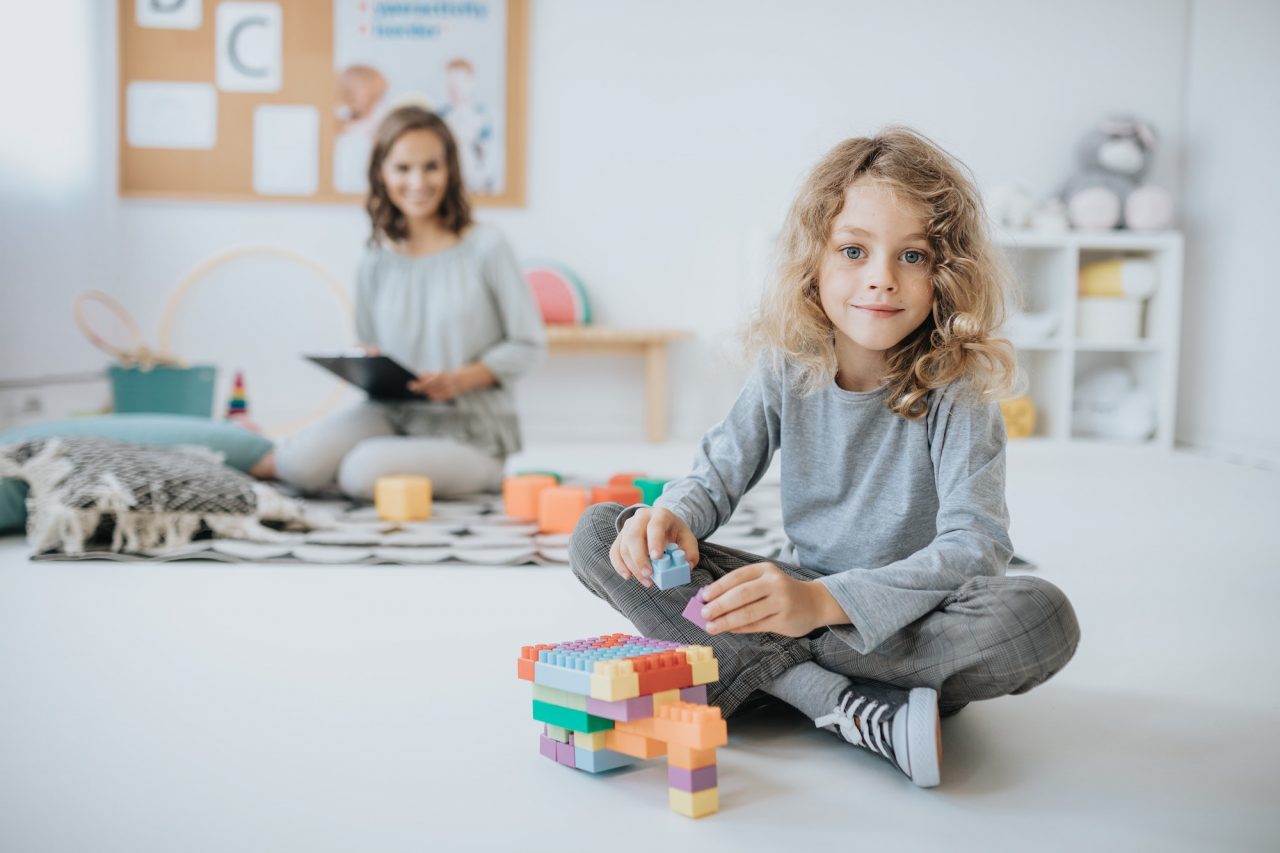Augmentative and Alternative Communication (AAC) Therapy
Augmentative and Alternative Communication (AAC) Therapy is designed to help individuals with speech and language difficulties communicate effectively. For children with autism, cerebral palsy, speech delays, or other communication disorders, AAC provides a lifeline to express their thoughts, needs, and emotions. By using tools such as picture communication systems, sign language, and speech-generating devices, AAC therapy fosters independence and confidence in communication.
Who we are
Qualities of an Outstanding Special Educator


Understanding the emotional and psychological needs of children with compassion.
Supporting children and their families through every step of their journey.
Building bridges between children, parents, and educators for a united approach.
Designing engaging and adaptive teaching methods that cater to individual learning styles.
Tackling complex challenges with a proactive and results-driven mindset.
Committing wholeheartedly to the well-being and development of each child.
Steps in AAC Therapy
Lorem ipsum dolor sit amet, consectetur adipiscing elit. Ut elit tellus, luctus nec ullamcorper mattis, pulvinar dapibus leo.
- Conduct an individualized communication assessment to determine the child’s needs.
- Identify the most suitable AAC system, whether it be low-tech (picture boards, gestures, sign language) or high-tech (speech-generating devices, text-to-speech apps).
- Collaborate with parents, educators, and therapists to establish goals for communication development.
- Introduce basic symbols, gestures, or devices in a comfortable setting.
- Use engaging activities to make learning enjoyable and natural.
- Ensure the child and their caregivers understand the purpose and usage of the AAC system.
- Start with essential words and phrases that help meet the child’s immediate needs (e.g., "eat," "help," "play").
- Gradually introduce more complex vocabulary to enable expressive and interactive communication.
- Implement repetitive practice using real-life situations.
- Incorporate AAC into daily routines such as mealtime, playtime, and school activities.
- Encourage interaction with peers, family, and teachers using AAC tools.
- Provide positive reinforcement to build confidence in communication.
- Regularly evaluate the child's progress and comfort level with the AAC system.
- Modify and expand the AAC tools based on growing communication needs.
- Offer training sessions for parents and educators to support the child's AAC journey at home and school.




Augmentative and Alternative Communication (AAC) Therapy Examples
A 5-year-old with autism who is non-verbal uses a picture communication board to point at images representing "water," "play," or "toilet." Over time, the child learns to combine symbols to form sentences like "I want water"—reducing frustration and increasing independence.
A 7-year-old with cerebral palsy uses a speech-generating device to participate in class discussions. By selecting pre-programmed responses on their tablet, the child can ask questions, express opinions, and interact with friends—boosting confidence and social inclusion.
A 10-year-old with a speech disorder learns to use a text-to-speech app to complete homework and present in class. This tool enables the child to express thoughts clearly and actively engage in learning without speech barriers.
Why Choose Us
Why Choose Maqsad Special Minds for AAC Therapy?
At Maqsad Special Minds, we believe that every child deserves a voice. Our AAC therapy, guided by Anupreet Kaur, ensures that children with speech and communication challenges receive the right tools and support to thrive. We provide personalized therapy, continuous monitoring, and a compassionate approach—helping your child connect, learn, and express their world with confidence.
Let us help your child find their voice—  Contact Maqsad Special Minds today!
Contact Maqsad Special Minds today!




Get appointment
Need More help?
Join Us on This Journey
888-2002-234
07.00 AM - 05.00 PM
